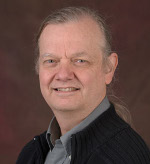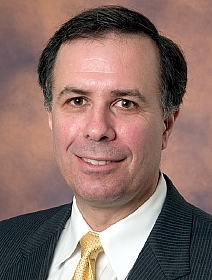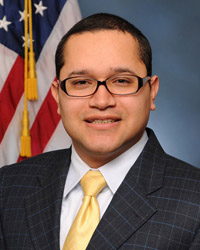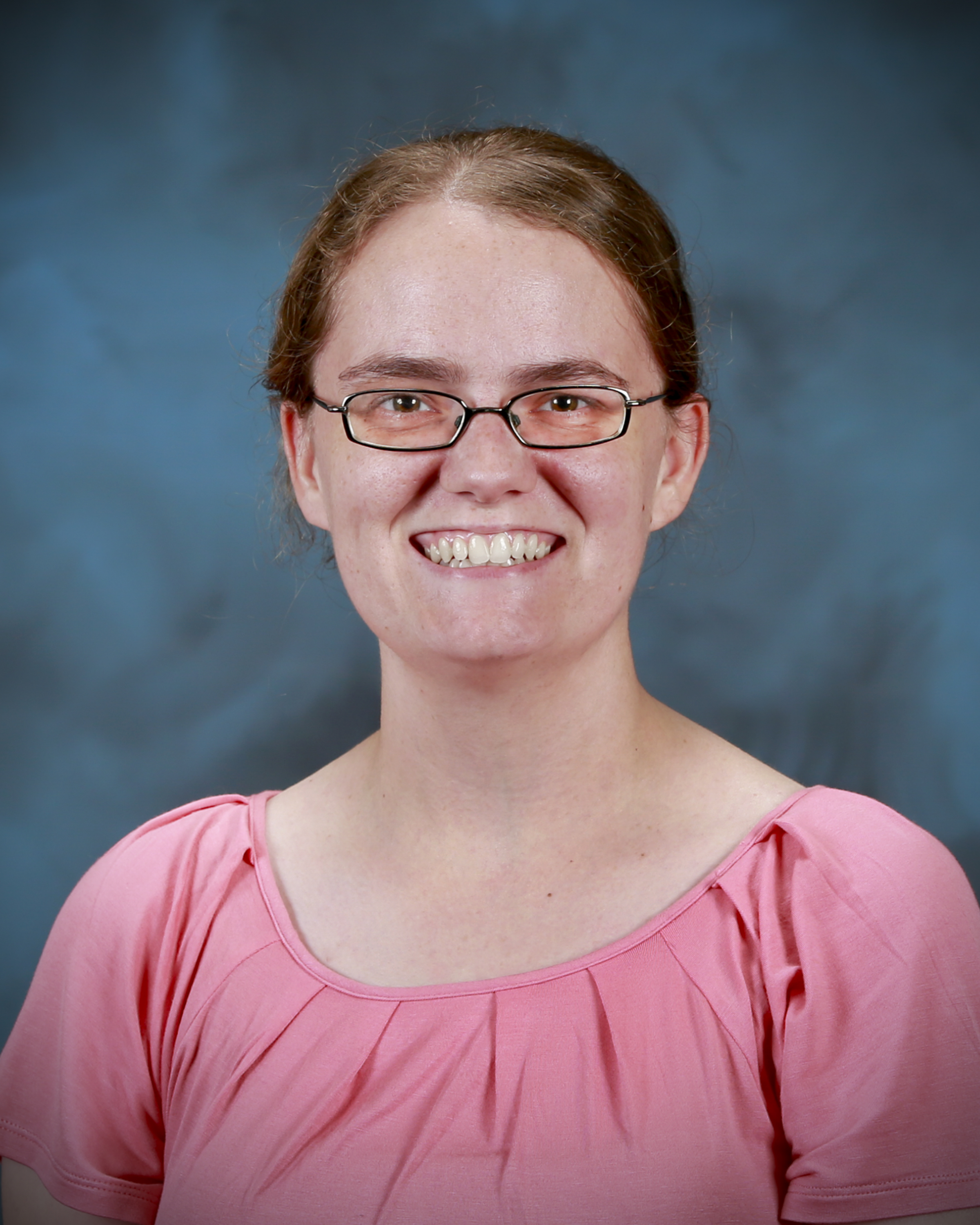Stan Williams is research scientist in the field of nanotechnology and a Senior Fellow and the founding director of the Quantum Science Research Laboratory at Hewlett-Packard. He has over 57 patents, with 40 more patents pending. At HP, he led a group that developed a working solid state version of Leon Chua's memristor. Williams earned a bachelor's degree in chemical physics in 1974 from Rice University and a Ph.D. in physical chemistry from the University of California, Berkeley in 1978. After graduating, he worked at Bell Labs before joining the faculty at UCLA, where he served as a professor from 1980 to 1995. He then joined HP Labs as director of its Information and Quantum Systems Lab.

Dr. Kusnezov received A.B. degrees in Physics and in Pure Mathematics with highest honors from UC Berkeley. Following a year of research at the Institut fur Kernphysik, KFA-Julich, in Germany, he attended Princeton University earning his MS in Physics and Ph.D. in theoretical physics. At Michigan State University, he conducted postdoctoral research and then became an Instructor. He joined the faculty of Yale University as an assistant professor in theoretical physics, becoming an associate professor and has served as a visiting professor at numerous universities around the world. He left academia to pursue federal service at the National Nuclear Security Administration and is a member of the Senior Executive Service. He has served in multiple positions within the NNSA and he currently serves as Chief Scientist. He has been an adviser to the Secretary of Energy and was nominated by the President to serve in the National Nuclear Security Administration.

Dr. Robinson E. Pino is the Senior Cyber Security Program Advisor for the Department of Energy’s (DOE) Office of Science and Program Manager in the Office of Advanced Scientific Computing Research (ASCR). In his portfolio, Dr. Pino focuses on revolutionary basic research and development efforts for high performance computing and applications that will enable our continued leadership through exascale and beyond computing and energy efficient technologies. Dr. Pino has expertise within technology development, program management, government, industry, and academia. He previously worked as Director of Cyber Research at ICF International advancing the state of the art in cybersecurity by applying autonomous concepts from computational intelligence and neuromorphic computing for the U.S. Department of Defense (DoD) Army Research Laboratory (ARL) and various DoD and U.S. Department of Energy (DoE) collaborators, industry and academia. In addition, Dr. Pino was a Senior Electronics Engineer at the U.S. Air Force Research Laboratory (AFRL) where he was a program manager and principle scientist for the computational intelligence and neuromorphic computing research efforts. Dr. Pino has a Ph.D. and M.Sc. degrees in Electrical Engineering with honors from Rensselaer Polytechnic Institute and a B.E. in Electrical Engineering with honors from the City University of New York, City College.

Hans Christen received a Ph.D. in Physics from the Ecole Polytechnique Fédérale, Lausanne, Switzerland, in 1994 for research performed at the IBM Zurich Research Laboratory. After a post-doctoral appointment at ORNL, he joined Neocera, Inc., where he worked on development of pulsed-laser deposition equipment and scanning microwave measurements. He joined ORNL as a staff member in 2000 and led the Thin Films and Nanostructures Group from 2006 to 2013. In 2013, he became Associate Division Director within the Materials Science and Technology Division. He served as ORNL Manager for the DOE Materials Sciences and Engineering Program from 2011 until he joined the CNMS in January 2014. Hans’s research has focused on the effects of epitaxial strain, spatial confinement, and interfacial mechanisms on the properties of complex-oxide thin films, in particular ferromagnetic, ferroelectric, and multiferroic perovskites

Katie Schuman is a Liane Russell Early Career Fellow in Computational Data Analytics at Oak Ridge National Laboratory. Katie received her B.S. in Computer Science and Mathematics from the University of Tennessee in 2010. She received her doctorate in computer science from the University of Tennessee in 2015, where she completed her dissertation on the use of evolutionary algorithms to train spiking neural networks for neuromorphic systems. She is continuing her study of models and algorithms for neuromorphic computing as part of her fellowship at ORNL. Katie also has a joint faculty appointment with the Department of Electrical Engineering and Computer Science at the University of Tennessee, where she, along with four other professors at UT, leads a neuromorphic research team made up of more than twenty faculty members, graduate student researchers, and undergraduate student researchers.
